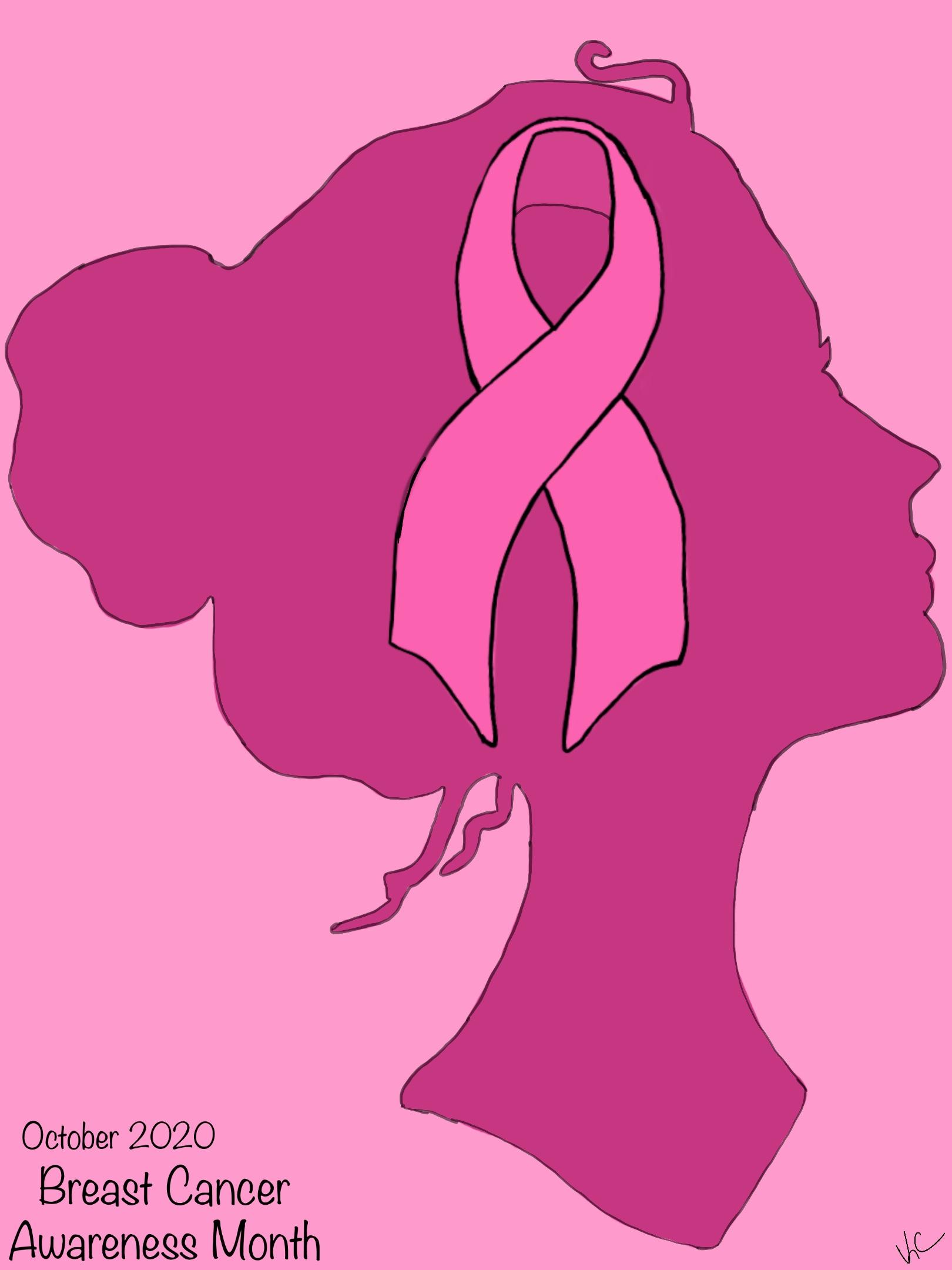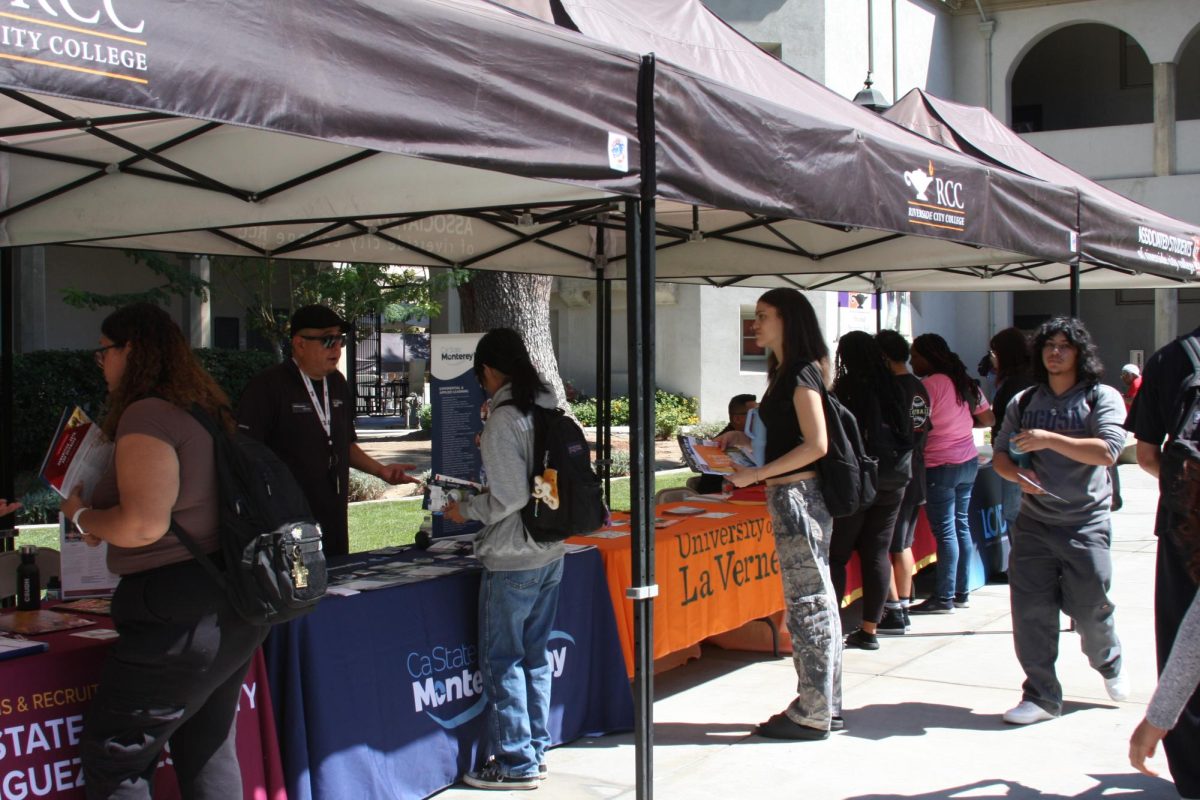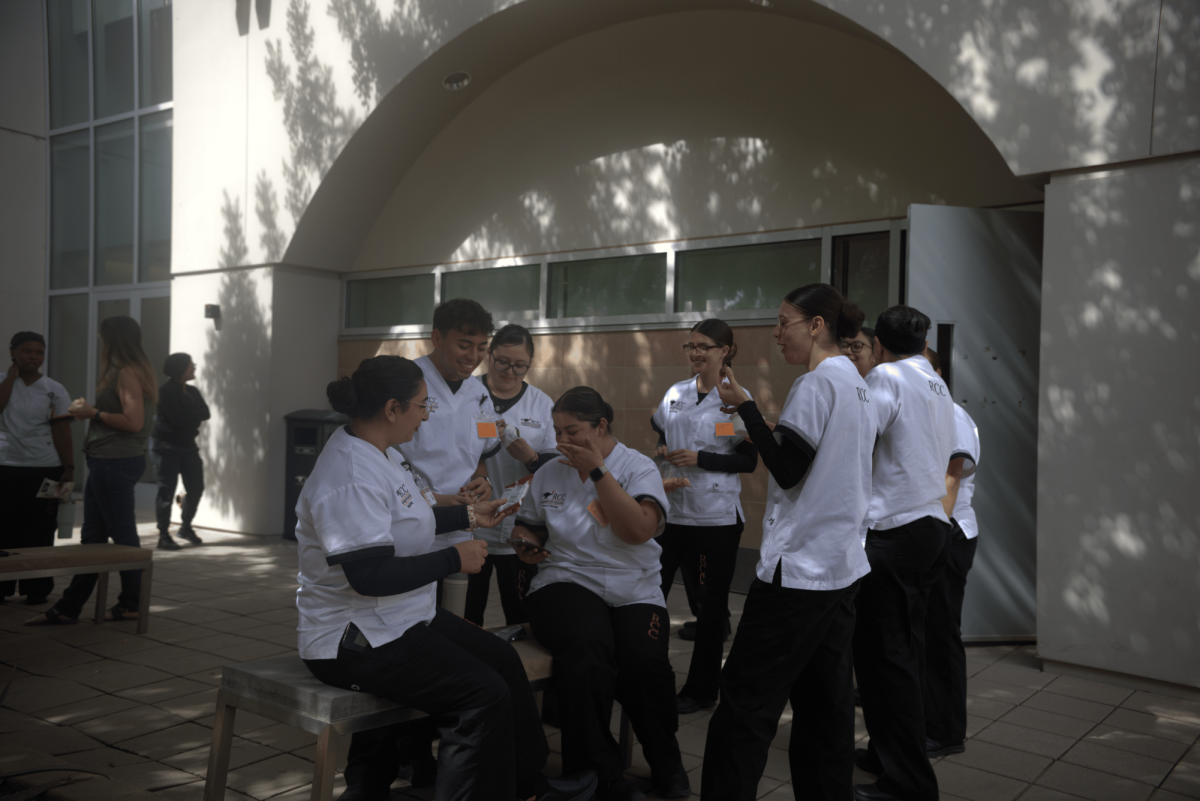
By Jennipher Vasquez
The largest breast cancer organization in the country has been hosting a free online conference to openly discuss metastatic breast cancer and share online resources with patients and caregivers.
The New York and Los Angeles affiliates of Susan G. Komen, the organization behind the effort, partnered up to stream The LA to NY Metastatic Breast Cancer Conference on Facebook, Zoom and Whova. It ends Oct. 31.
Sharon Schlesinger, Susan G. Komen Los Angeles chair, is hosting the conference. Online registration is open to anyone who wants to take part in the conference.
“We hope to generate some conversation where people can openly discuss their problems to redirect them to resources that can help them,” Shlesinger said.
The conference consists of several breakout sessions that allow numerous oncologists, non-profit organizations, metastatic breast cancer survivors and many others to share their experiences and overlooked obstacles that patients and caregivers go through.
A wide range of topics have been covered throughout the month, but the foundation’s purpose in holding daily conferences is the effort to start a nationwide support system for those affected by the disease.
Many nonprofit organizations and breast cancer survivors have joined oncologists in discussion panels to share resources that help patients with treatment funding, medication and other non-medical day-to-day expenses.
“What we wanted to do was put in one searchable database of all potential resources that help them find financial and other resources that they need,” said Shonta Chambers, Patient Advocate Foundation executive vice president of health and equity initiatives and community engagement.
The Patient Advocate Foundation is an online database that connects patients and caregivers to support resources for both underinsured and uninsured patients, co-pay relief and a wide range of other economic needs.
“We have to account for things outside of the healthcare system, social needs,” Chambers said.
The daily conference has hosted a variety of breakout rooms catering to the well-being of breast cancer patients. Yoga sessions are held every morning, as well as lifestyle and mindfulness activities, and discussion panels to help those who may need a distraction from daily life as a patient or caregiver.
The resources shared also cater to those that have been newly diagnosed, survivors, minorities and those who are medically underserved and cannot easily access healthcare.
“You get all the basic questions answered by your doctors,” said Milan Flowers, 22, whose mother passed away from breast cancer. “Stuff about medicine, your treatment, appointments. But sometimes there’s more personal questions that aren’t covered by doctors.”
Flowers has witnessed many of the complications the disease brings on.
“These conferences are a great resource for patients and caregivers,” she said. “It gives them a chance to get more of a personal answer rather than factual statements from a doctor.”
Flowers also emphasized the importance of research into the cancerous gene and recalled an experience with her mother.
“I remember my mom showing me a 30-day supply of pills that was well over $1000,” she said. “This medicine is expensive but it is very important. With continuing research, we will be closer to finding a medicine that can cure this horrible disease.”
Susan G. Komen held a televised fundraiser at the beginning of the month hosted by Mark Pilon, the foundation’s executive director, and KTLA anchor Pat Harvey. The Pink Ribbon telethon will be televised again at the end of the month in hopes in hopes of raising $500,000 toward metastatic breast cancer research and the Komen Treatment Assistance Program.
“Research is on hold during COVID-19 and is not being funded,” said Lynda Weatherby, a metastatic breast cancer patient and breakout session speaker. “The only thing that will save our lives is research.”
Susan G. Komen has held other televised fundraisers throughout the month to fund metastatic breast cancer research, while also allowing a space for many to share their experiences with the disease and raise awareness as to why research is so critical.
Donations are being accepted through the Susan G. Komen website and over the phone for those who are unable to tune in to the telethon and would like to contribute to the cause.






